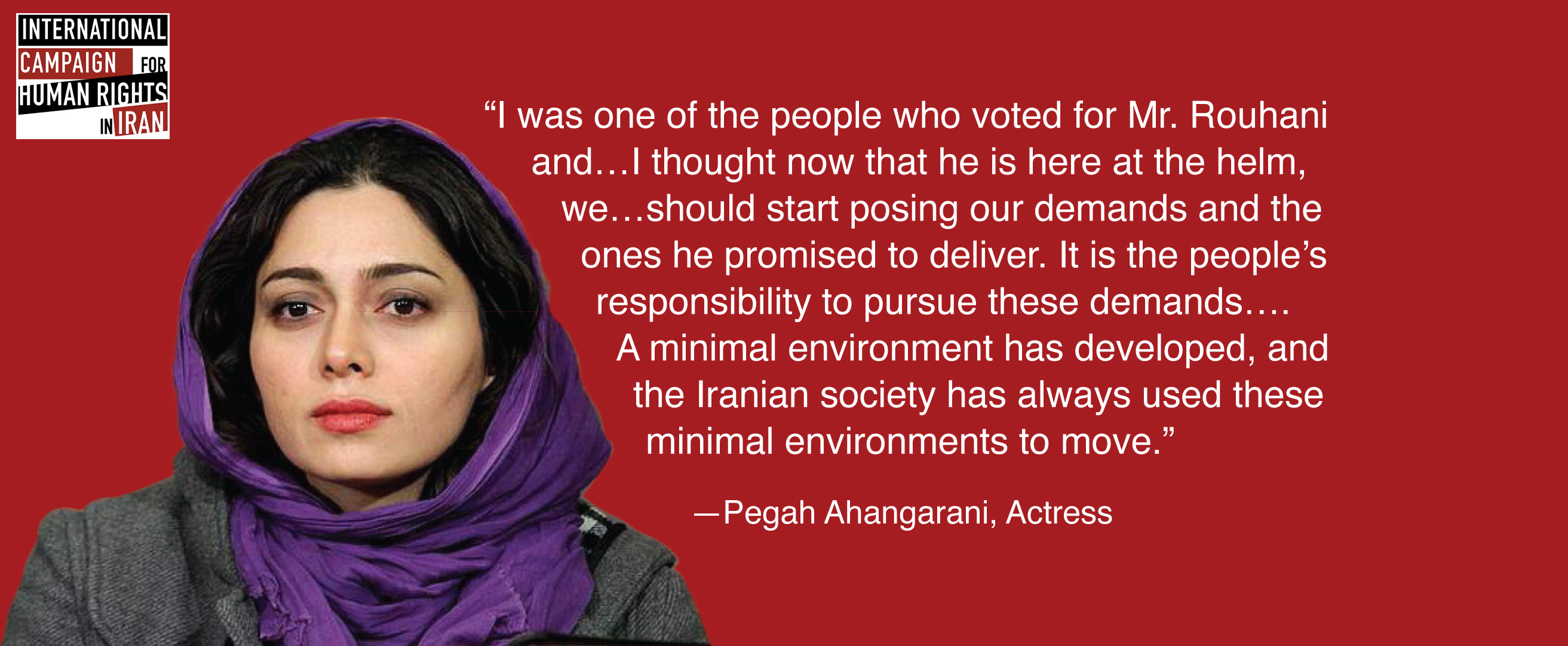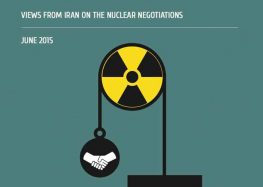Key Findings

• Strong support for the nuclear negotiations and hope for an agreement was unanimous and unequivocal among all of the respondents, and was held regardless of the respondent’s expectations regarding the actual benefits of an accord.
Download the report here.
• All of the individuals interviewed felt sanctions and Iran’s international isolation have profoundly hurt Iranian society, negatively affecting all spheres of economic, political, and cultural life, with especially dire consequences for the lower socioeconomic strata.
• All of the respondents felt failure of the negotiations would be catastrophic for Iranian society, leading to greater economic hardship, increased repression and further loss of political and cultural freedoms, the weakening of President Rouhani and moderate forces in Iran, and an increased chance of a military confrontation.
• Despite strong consensus on the above issues, the interviewees’ views regarding the actual benefits of a successful agreement on the nation’s economy, on civil and political rights in the country, and on cultural freedoms were remarkably divergent.
• Seventy-one percent of respondents expect economic benefits from an accord, typically citing increased investment and oil revenues, and gains to employment, manufacturing, and growth. However, one-fifth of those expecting economic gains believe these benefits could be lost to ordinary Iranians due to governmental mismanagement.
• Twenty-five percent of all respondents expect any economic benefits would reach only the upper levels of society and those connected to power, due to entrenched and rampant corruption and the administration’s lack of authority to confront rival centers of power.
• Sixty-one percent of the respondents believe a deal would improve the chances of achieving political and cultural reforms, as the administration could now turn its attention to such issues and it would be significantly strengthened politically in its ability to enact change.
• Thirty-six percent expected no improvement in political or cultural freedoms. Some cited the Rouhani administration’s lack of power and authority, especially vis-à-vis the legislative and judicial branches and Iran’s Supreme Leader, Ali Khamenei. Others questioned his willingness to push forward with reforms, noting his few efforts even in the spheres that are under the president’s direct control.

